

* The preview only shows a few pages of manuals at random. You can get the complete content by filling out the form below.
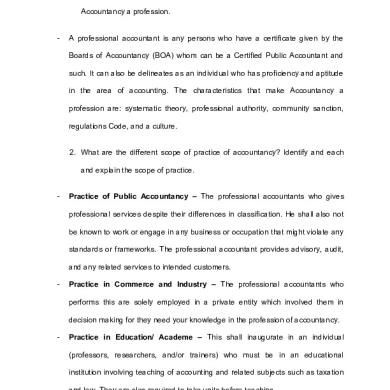
John CPA - 68 KB

Joe Kehoe - 126.1 KB

Dha Dina Sevofration - 160.3 KB

Shandy Breezy Smile Breakstyle - 1.5 MB
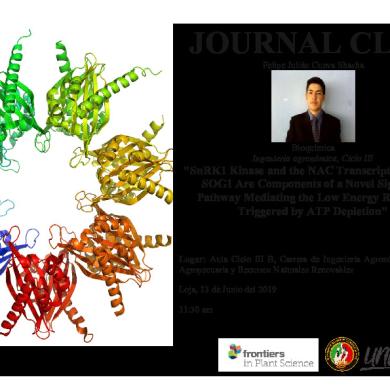
Vanessa Izquierdo - 651.6 KB

Dha Dina Sevofration - 1.5 MB
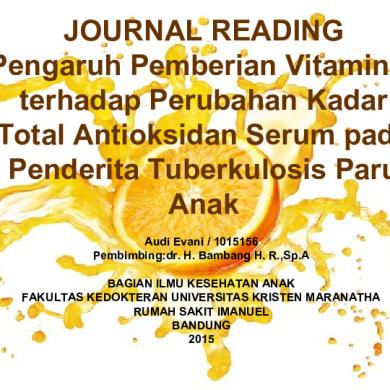
Hans Natanael - 1.3 MB

Cindy Delapaz - 117.6 KB
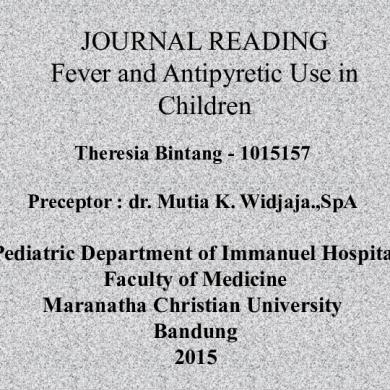
Hans Natanael - 340.3 KB
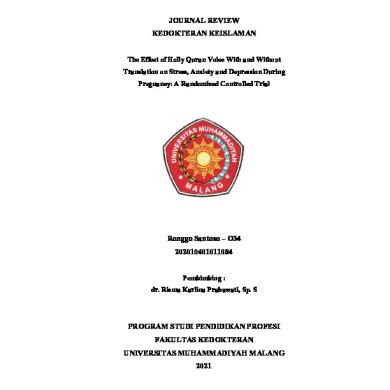
Ronggo Sdr - 146.4 KB

asdfasd - 152.9 KB

Juliandri Lee - 114.9 KB
© 2025 VDOCS.RO. Our members: VDOCS.TIPS [GLOBAL] | VDOCS.CZ [CZ] | VDOCS.MX [ES] | VDOCS.PL [PL] | VDOCS.RO [RO]